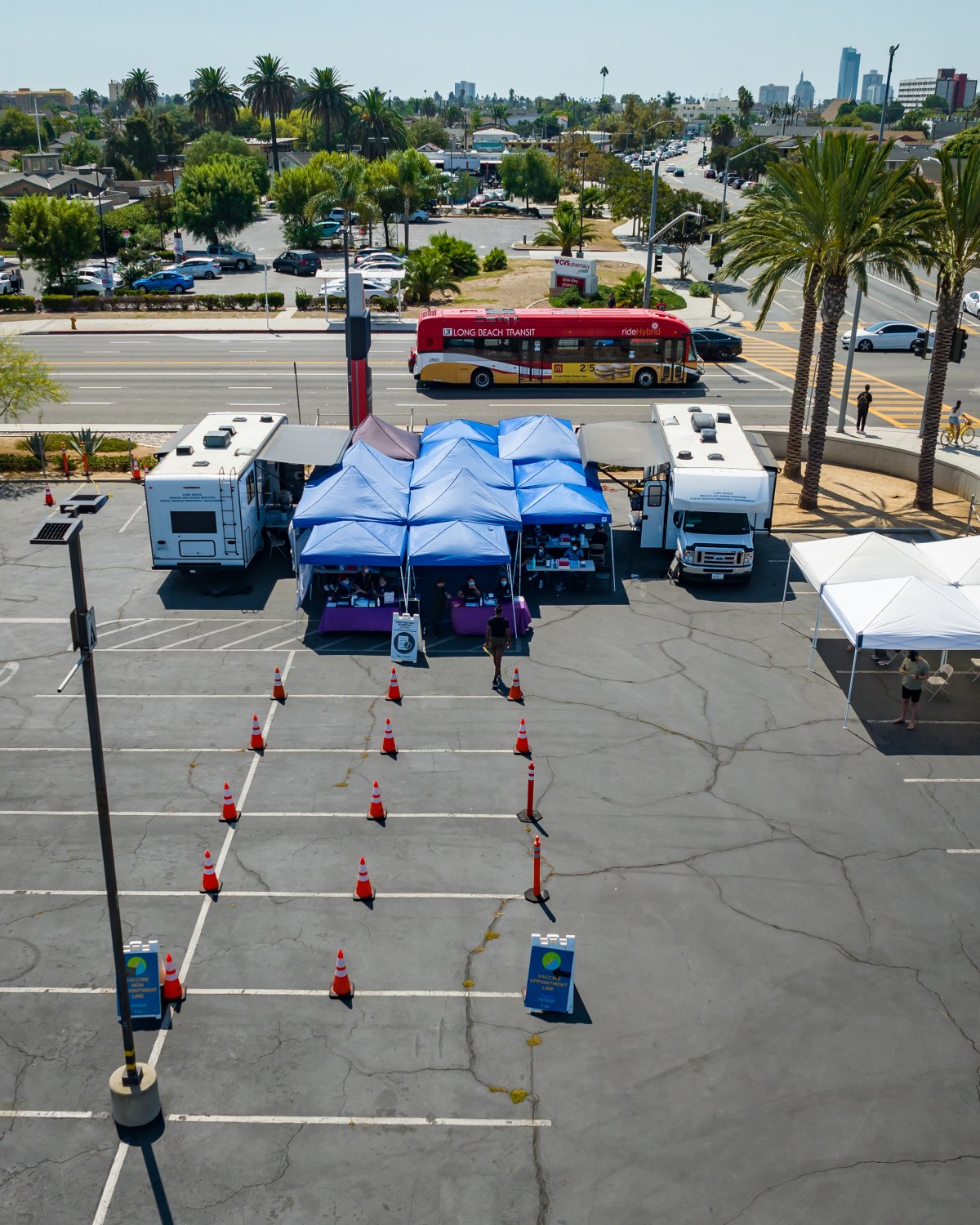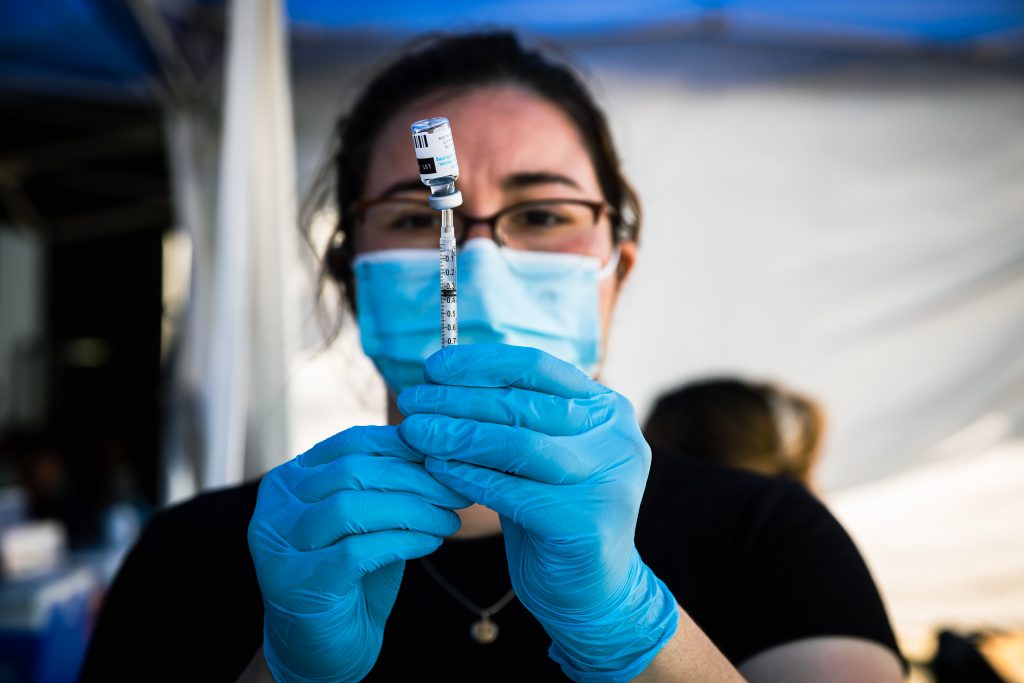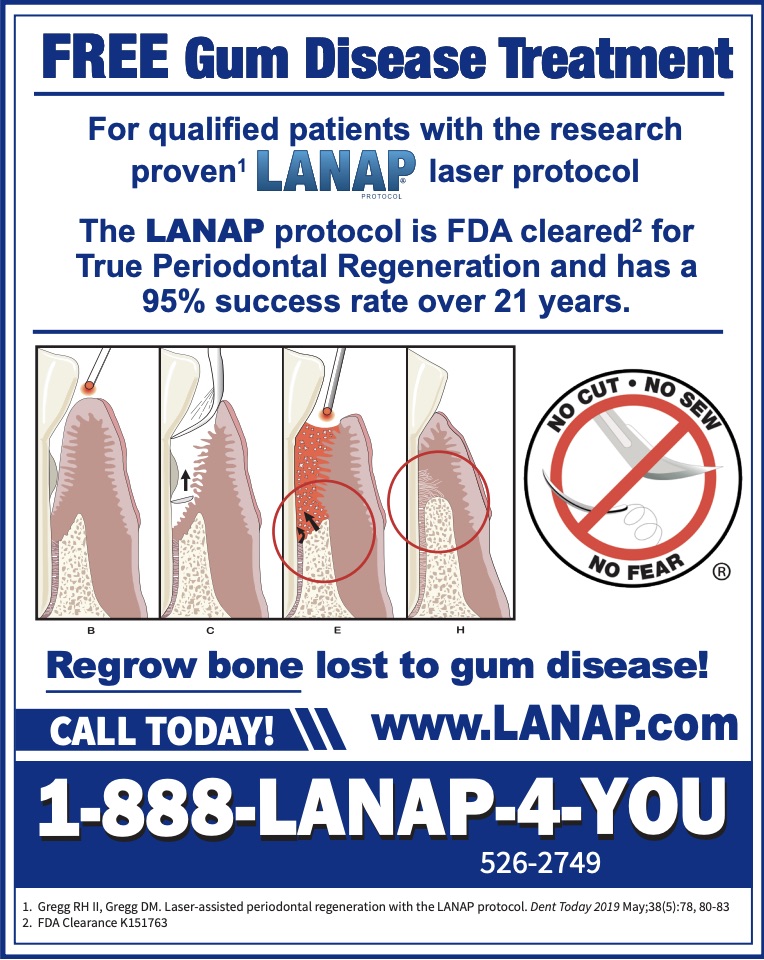Long Beach confirmed the first-ever case of clade I monkeypox (mpox) in the city on Oct. 14, also marking the first in the United States without known international travel.
The City’s Health department, with coordination from the California Department of Public Health (CDPH), confirmed the strain was diagnosed in a person with no recent travel history.
The person infected by mpox required hospitalization and is now recovering in isolation at home. This marks the first case of clade 1 mpox in Long Beach, the seventh nationally, and the first without a known travel history.
Los Angeles County has since confirmed two additional cases of confirmed clade 1 mpox, all in people with no recent travel history.
“While the overall risk of mpox clade I exposure to the public remains low, we are taking this very seriously and ensuring our community and health care partners remain vigilant so we can prevent any more cases,” said Mayor Rex Richardson in a public statement. “This underscores the importance of continued surveillance, early response and vaccination.”
The City is working with health officials, the CDPH and the Centers for Disease Control and Prevention (CDC) to monitor the situation.
 An overhead view of the vaccine clinic at the Long Beach City College, Pacific Coast College campus on Sept. 13, 2022. (Richard H. Grant | Signal Tribune)
An overhead view of the vaccine clinic at the Long Beach City College, Pacific Coast College campus on Sept. 13, 2022. (Richard H. Grant | Signal Tribune)
Clade I mpox, a strain associated with severe illness, has primarily been identified in Central and Eastern Africa, differing from the milder clade II strain that’s linked to the 2022-23 outbreak in the United States.
Symptoms may include a rash or lesions, fever, chills, sore throat, swollen lymph nodes and body aches. Mpox can spread through direct contact with infectious sores or body fluid, sexual or intimate contact and touching contaminated items. Anyone who develops symptoms should avoid sex and intimate contact and seek medical evaluation as soon as possible.
While risks to the public remain low, the CDPH recommends vaccinations for people who may be at increased risk of exposure. The available vaccine, JYNNEOS, provides protection against both clade I and clade II mpox. People who have already completed the two-dose vaccine are not recommended to receive booster shots.
“We are working with state and federal partners to identify the source, notify potential contacts and provide access to testing and vaccination,” Long Beach Public Health Physician Dr. Cliff Okada said in a public statement. “Anyone with an unexplained rash or lesions should seek care promptly. Speak openly with intimate partners and your healthcare provider. Early action protects you and others.”
Residents may call the City Health department’s HIV/STI resource Line at 562-570-4321 for guidance related to the vaccination, symptoms, or reporting concerns.
For more information about mpox, visit longbeach.gov/mpox. Residents are also encouraged to follow @longbeachcity and @lbhealthdept on Instagram, Facebook and X.


